Watching the flag-raising ceremony at Tian'anmen Square, visiting the 720,000 square meters Palace Museum, trotting through old hutongs in the heartland of the Chinese capital, offering incense at the very "efficacious" Yonghe Lama Temple, rowing a boat in past emperors' garden of Summer Palace, trying out local snacks and roast duck and even taking a glimpse into the National Museum of China where relics discovered across the country are preserved and exhibited …
It seems to be a typical week-long itinerary to Beijing, except some people decided to "punch in" all the spots within 48 hours, because they are not ordinary travelers, but "tourist special troops."
Travel squad
The super-tight schedule of a Beijing trip immediately went viral after being shared online, with people suspecting its authenticity since it is not a supposedly relaxing trip but more like an intense "special forces" training.
But some people copied the itinerary, including Ruotong, a junior year student who just spent a "crazy" weekend with her high school friend surnamed Wei coming to travel in Beijing.
Ruotong at 6:30am Saturday picked up Wei who took an overnight train to Beijing, then they spent the first day at the Palace Museum, the National Museum, drum-tower, hutongs and the Temple of Heaven. "I walked 35,000 steps on Saturday but the usual number on campus is fewer than 8,000."
The friends could have spent the night at Ruotong's dorm room, but in order to secure a spot of good view for the flag-raising, they stayed near the square. After watching the inspiring ceremony was another day of intense city walking at Wangfujing business street, Yonghe Lama Temple and the Summer Palace.
The Global Times found on platforms like Xiaohongshu and Douyin that some young people, usually college students on a really tight budget, spend the night at 24-hour restaurants like McDonalds' and Haidilao hotpot rather than booking a hotel room to save money. Some also use nighttime to transport and the daytime for sightseeing spots.
Ruotong saw Wei off at the train station on Sunday evening and both friends, completely worn-out, managed to catch their classes on Monday afternoon.
"Last time I felt so exhausted was after the military training. It was crazy but also of much fun," Ruotong told the Global Times. Due to the COVID epidemic control measures, Ruotong had missed many travel places in the past two years.
Besides Beijing, Changsha in Central China's Hunan Province known for spicy food and red tourism, East China's Zibo city which came to sudden fame for its local barbecues, Chengdu in Southwest China boasting with its cute giant pandas of all attractions, and cities like Nanjing and Suzhou in East China's Jiangsu are among popular destinations for a flash mission of a travel special force.
According to the online travel service Trip.com, the travel squads prefer places where tourist resorts are concentrated in the city and urban transportation is convenient. During the one-day Qingming holiday, 62 percent of the post-2000 travelers took overnight transportation to travel while more than 30 percent of the group visited more than four tourist spots in a day.
Making up for lost time
The Global Times talked to several travel special troops, finding all of them are college students. Some sharers also appeared to be workplace newcomers whose jobs are not very stressful and reasonable, without high payment.
A "sense of urgency" was frequently mentioned by travelers, particularly junior and senior year students whose college life was largely sealed off on campus or restrained at home due to COVID-19. Some arranged a busy schedule to make up travel plans that were postponed.
Xiaohongshu user "Limited peach" just traveled to Changsha with her college roommates, with whom she did not spend a lot of time together in past three years. They plan to travel to Chengdu around the May Day holidays and destinations for the graduation trip are yet to be decided.
The senior year student told the Global Times "There were so many crowds [in Changsha]. I haven't seen that many people for so long but traveling with them will for sure be a precious memory of my graduating year."
They tried crayfish, local snacks like 'stinky tofu' and sugar oil rice cake and internet-famous milk tea with cream, posting lots of "delicious" pictures online just like other young people do.
Tourism observers noted a trend that social media platforms could easily bring to a city, a local restaurant or a sightseeing spot to fame, creating "net-famous" places where young people are propelled to punch in under the influence of bloggers. When some old "net-famous" cities are becoming overly crowded, more cities could catch the wave for self-marketing, first by attracting the active, love-to-share youth.
Limited peach and her companions also went to Hunan provincial museum with relics from the famous Mawangdui Han Tombs. There are others alike who chose local museums as one-stop, suggesting a trend among young people to learn more about and better understand China's long history and rich culture.
A traveler surnamed Wang, who is a senior year student in Wuhan, Central China's Hubei, has long admired the backpackers in the West who travel on low budgets but can encounter interesting things and people. "I may not have a luxurious gap year to travel around, but at least I can squeeze fulfilling trips into weekends," Wang told the Global Times.
Responding to some online criticism that such a travel style is too hurry to really experience and enjoy a city, Wang noted "We spend a lot of time checking the spots and routes, reading others' travel notes and browsing online ratings to make a tailored itinerary and get immersed into the place when we arrive. "My body could be tired, but the delight of seeing fresh things transcends physical exhaustion."








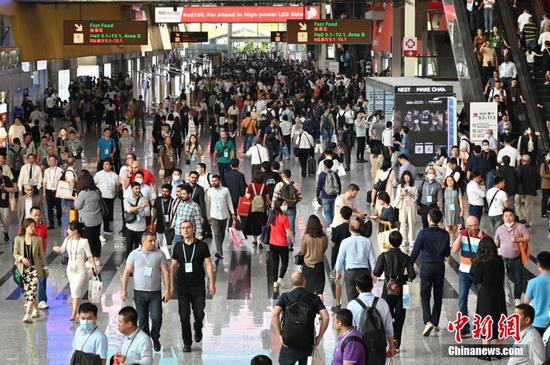
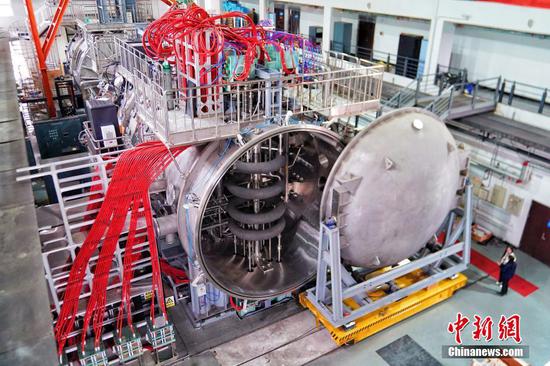
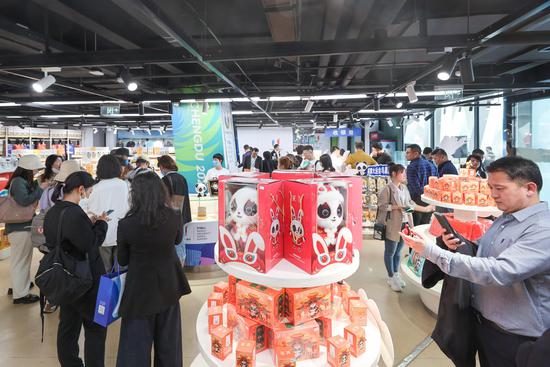
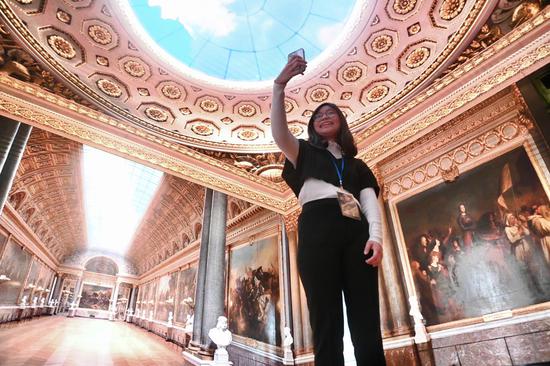

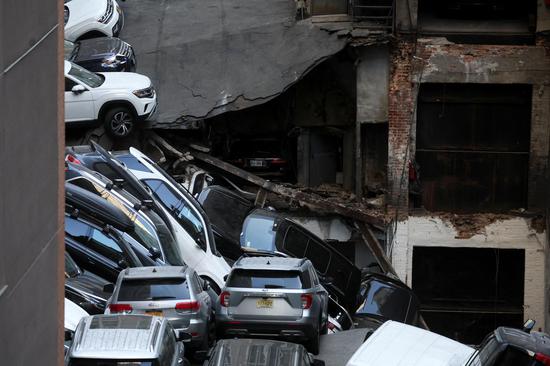
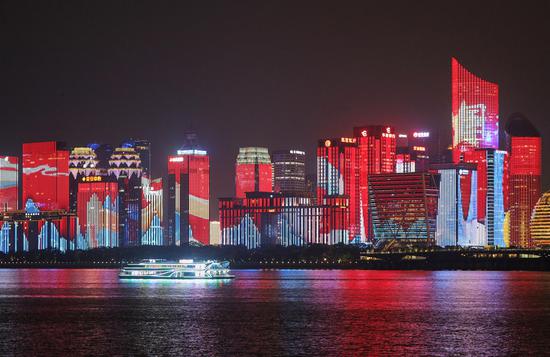
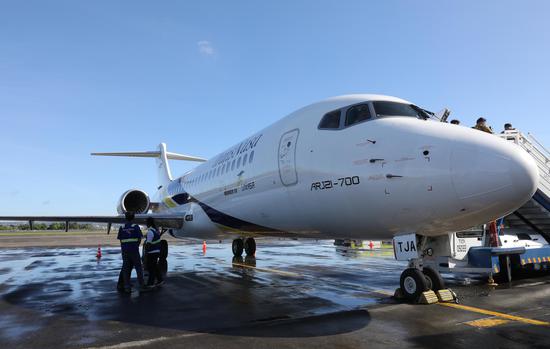

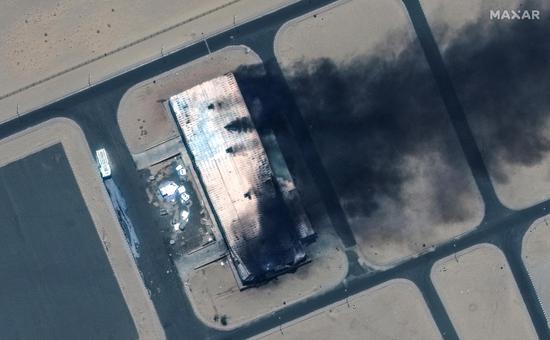
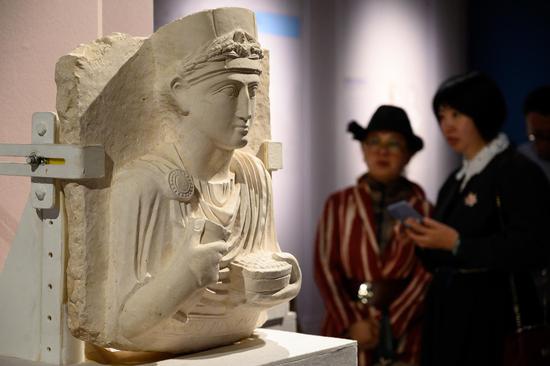
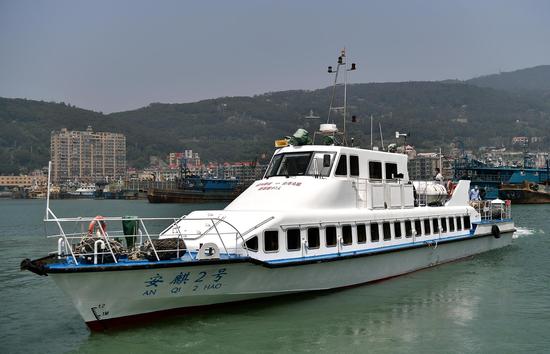

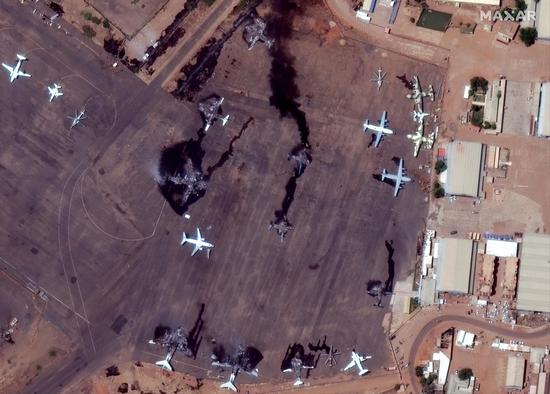

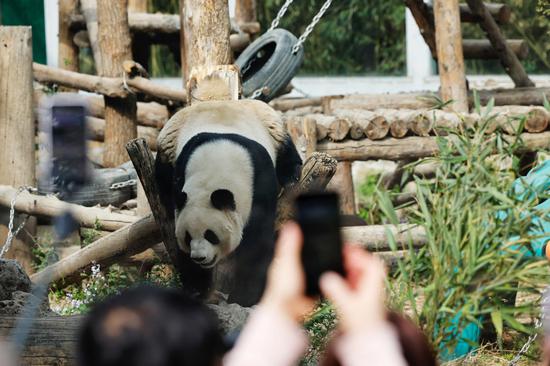
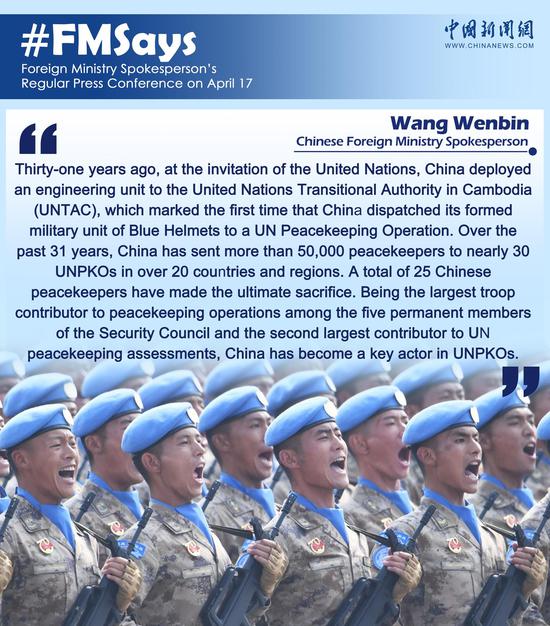
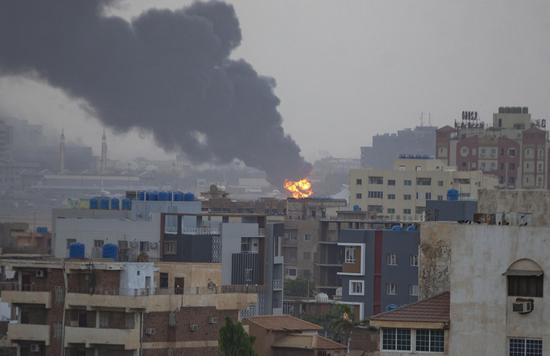

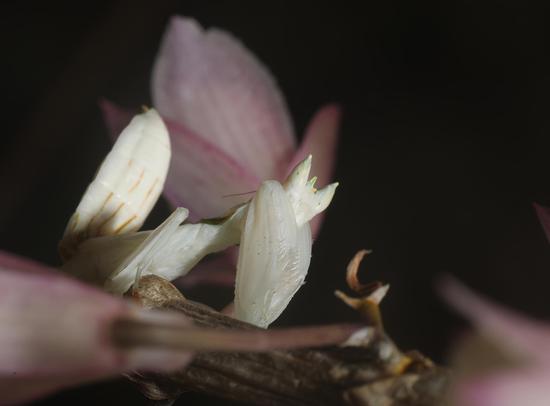
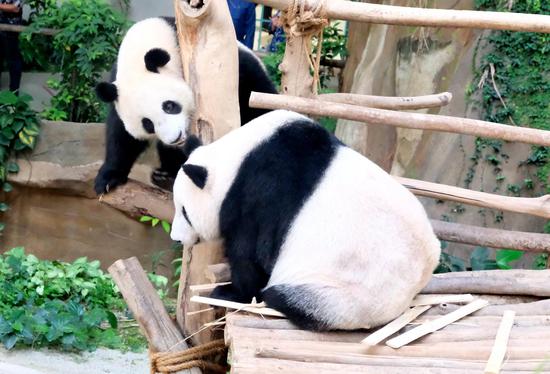
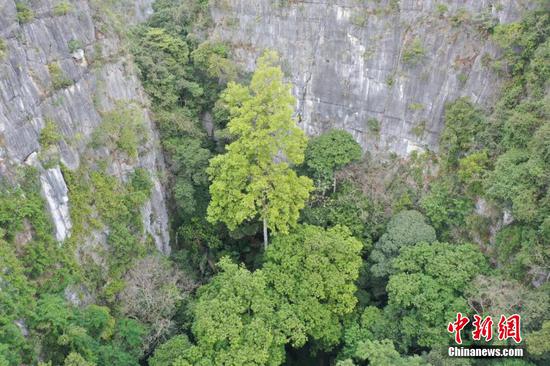

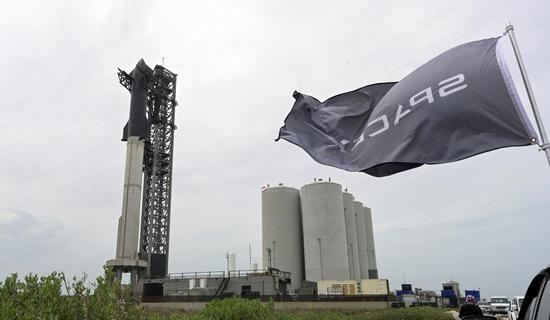
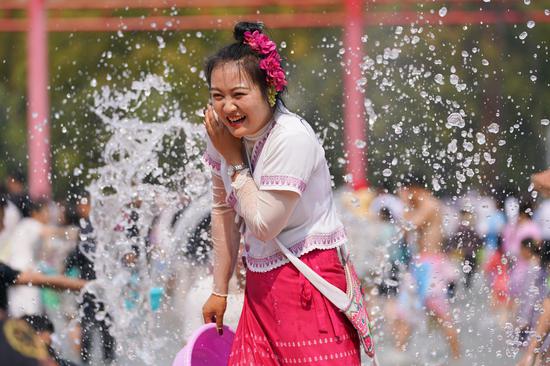
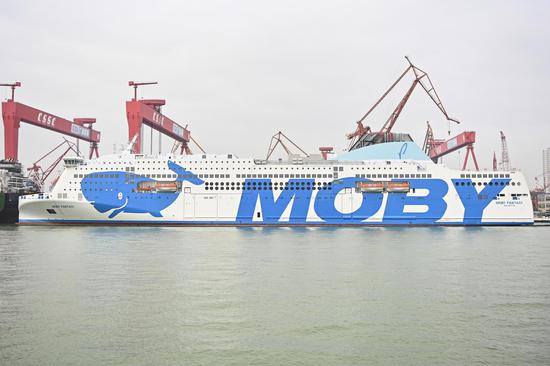
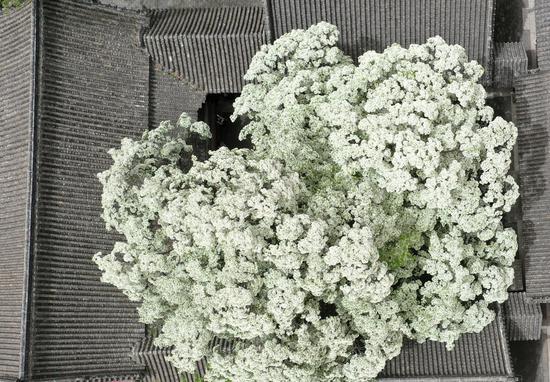
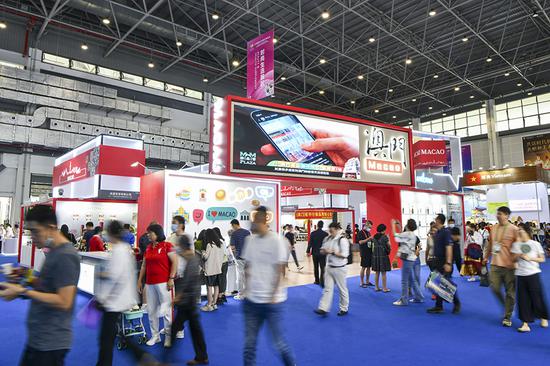
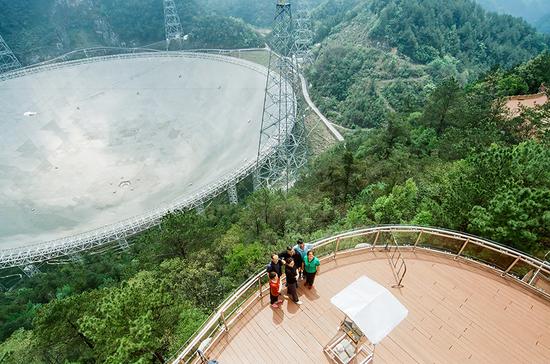
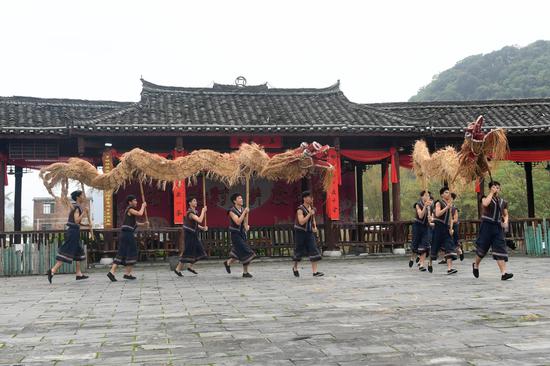


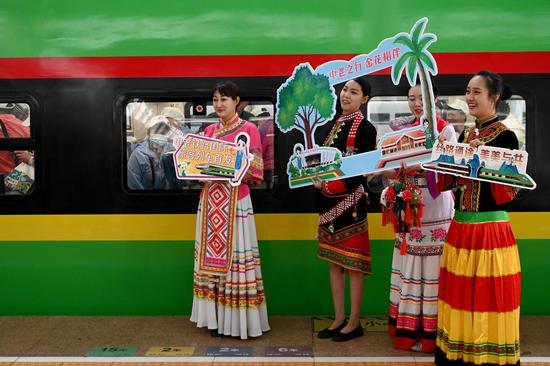



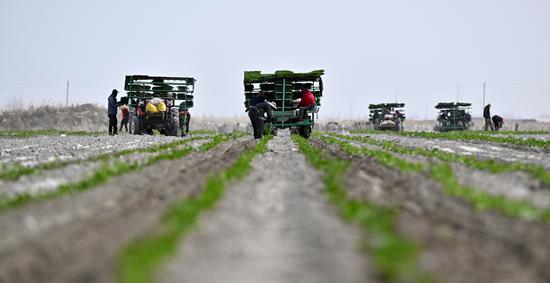





 京公网安备 11010202009201号
京公网安备 11010202009201号